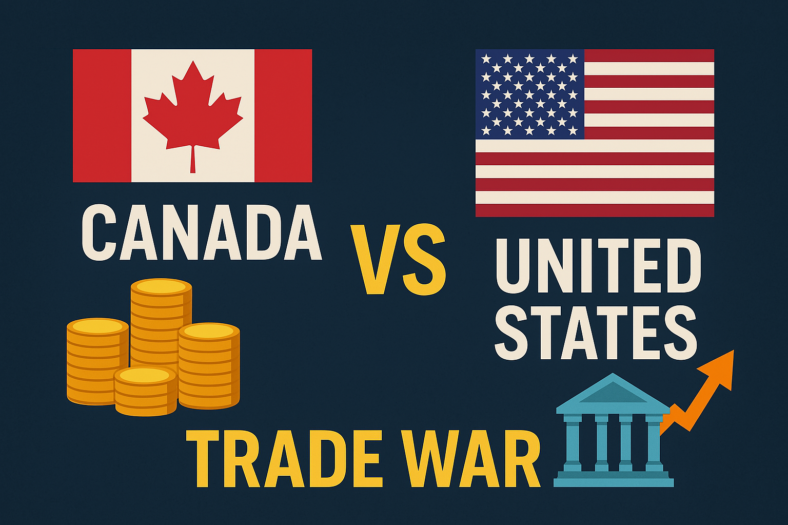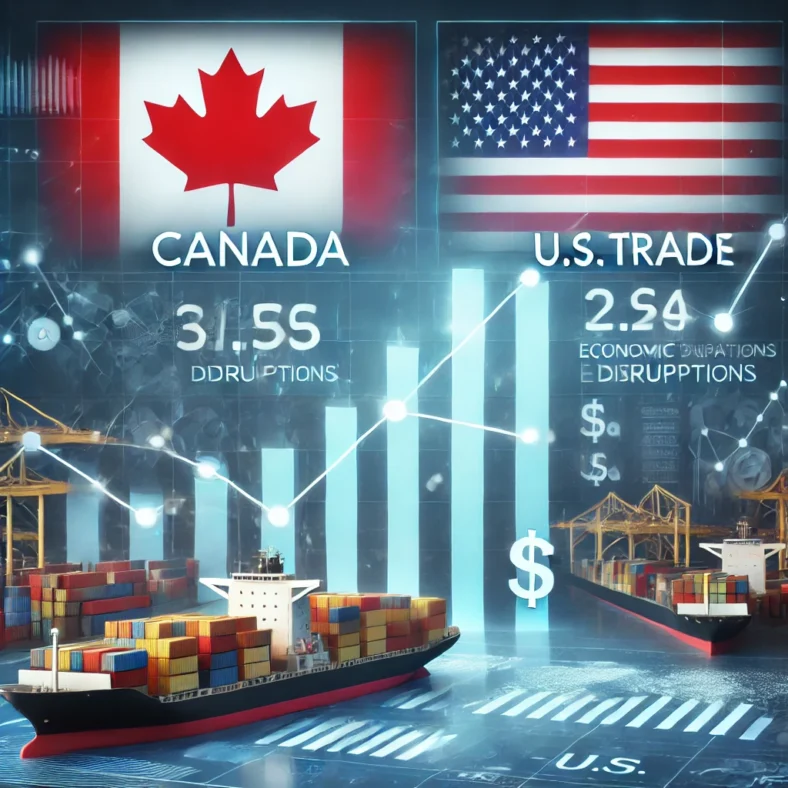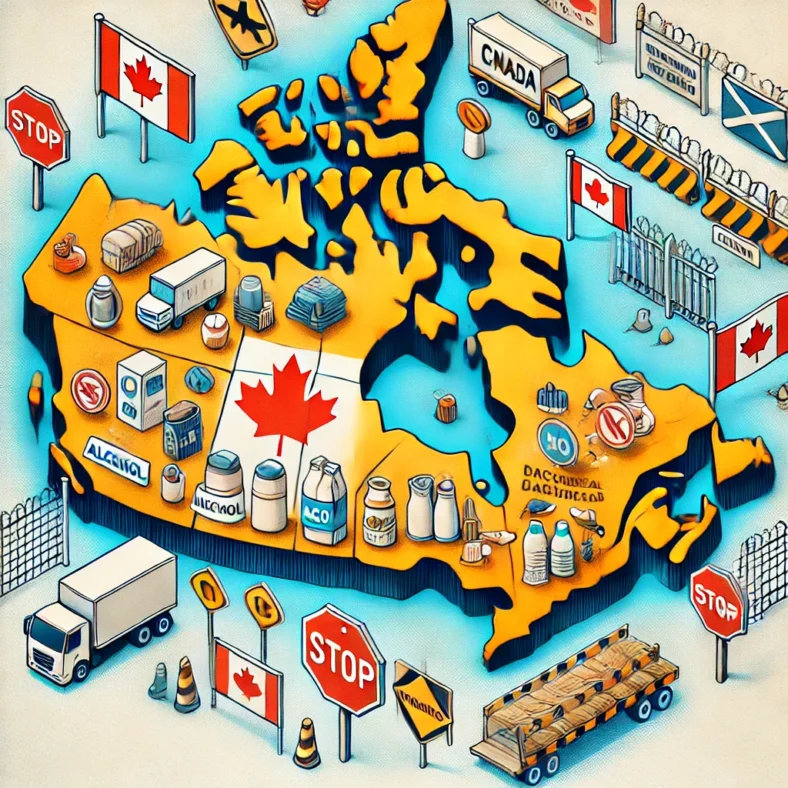According to Deloitte Canada’s latest summer economic outlook, the Canadian economy is expected to continue recovering throughout the second half of the year, with the Bank of Canada planning to resume interest rate cuts in September. However, the firm also highlighted the pressing need to address the country’s weak productivity levels.
Economic Recovery and Interest Rate Strategy
In its report, Deloitte noted that Canada’s economy performed better than initially forecast in the first half of 2024. This positive trend is projected to persist in the latter half of the year as the Bank of Canada maintains its strategy of easing monetary policy. Deloitte forecasts that the Bank will hold off on further rate cuts until September, aiming for an overnight rate of 4.25% by the end of 2024.
“We have consistently believed that the Bank will proceed cautiously with rate reductions, aiming to prevent excessive activity in interest rate-sensitive sectors and avoid price increases that could derail the move to a 2% inflation target,” said Dawn Desjardins, Chief Economist at Deloitte Canada, in an interview with Yahoo Finance Canada. Deloitte anticipates a more accelerated pace of rate cuts in 2025, with the benchmark rate potentially dropping to 2.75% by year-end.
Desjardins added, “While the process will be gradual, once we approach the 2% inflation target, the Bank will likely adopt a more aggressive stance on rate reductions. This means we can expect more significant cuts in 2025.”
Inflation Concerns and Rate Decisions
Canada’s inflation rate unexpectedly climbed to 2.9% in May, with core inflation metrics also increasing. This development reduces the likelihood of the Bank of Canada cutting rates in July. Earlier this month, the Bank lowered its benchmark interest rate for the first time in over four years to 4.75%, indicating that further cuts are possible if inflation continues to decline.
Deloitte projects that as the Bank reduces interest rates, consumer spending and residential investment will strengthen in the second half of the year. The firm forecasts GDP growth of 1.6% in Q2, 2.1% in Q3, and 2.7% in Q4.
“Despite the overall positive outlook, consumer confidence remains low, major purchases are being postponed, housing affordability is a significant issue, and savings rates are higher than usual,” Deloitte noted.
“These factors will likely temper the recovery pace in the latter half of 2024. However, stronger gains in consumption and residential investment are anticipated next year as confidence improves.”
Long-Term Economic Challenges
While the economic recovery is ongoing and a “soft landing” appears achievable, Deloitte warns that inadequate business investment and productivity performance pose risks to Canada’s long-term economic health.
“We expect business investment to grow each quarter in 2024, but significant declines in the latter half of last year will be challenging to overcome, resulting in negative annual growth,” Deloitte stated. The firm highlighted that the construction of several electric vehicle battery plants will boost productivity in the coming year.
“These investments are promising, but more urgent actions are needed across the nation to address weak business investment and productivity performance.”
Addressing Productivity Issues
Improving productivity has been a critical focus for the Bank of Canada in recent months. Earlier this year, Deputy Governor Carolyn Rogers described Canada’s productivity problem as an emergency. In a recent speech, Bank of Canada Governor Tiff Macklem referred to low productivity growth as the country’s “Achilles heel.”
“We have excelled at growing our economy by adding workers but have struggled to increase output per worker, and this is catching up with us,” Macklem said.
“Weak productivity growth in Canada is a long-standing issue reaching critical levels. While we have been effective at expanding our economy by adding workers, we need more than one engine driving our growth.”
Desjardins suggests several solutions to enhance productivity in Canada, including encouraging more business investment and reducing regulatory hurdles, such as interprovincial trade barriers, to enable companies to grow and achieve economies of scale.
“Productivity is a concern. Our performance in this area is not only lagging behind our past achievements but also our international peers, which is deeply worrying,” Desjardins said.
“Currently, this issue is top of mind for businesses, workers, and governments. There is hope that we can develop effective solutions to improve productivity and steer our economy in the right direction.”




















